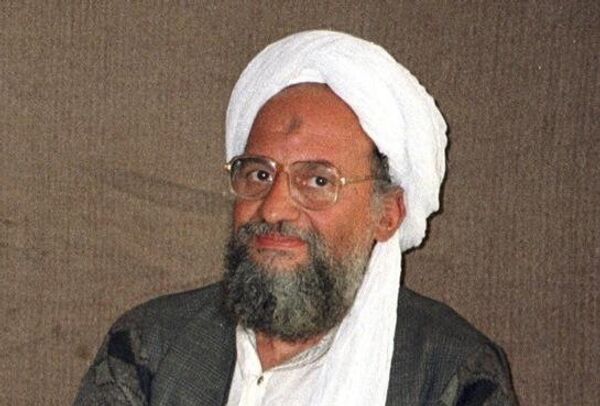In a new audio message, the leader of al-Qaeda, Ayman al-Zawahiri, accused ISIL leader Abu Bakr al-Baghdadi of "sedition," ABC News reported. Al-Zawahiri also refuted al-Baghdadi's claims that he is the leader of all Muslims and militant jihad as "caliph" of the Islamic State.
Former National Counterterrorism Center Director Matthew Olsen told ABC News:
"It's pretty interesting. Zawahiri until now has not been willing to openly condemn Baghdadi and ISIS. It highlights how deep the division is between al Qaeda leadership and ISIS. It suggests that the differences are irreconcilable."
According to Olson, US counter-terrorism operatives could use misinformation to further pit the two groups against each other and encourage each group to wage further violence against the other.
"Fighting each other makes our job easier," a counter-terrorism official in Afghanistan told ABC News.
In the tape, al-Zawahiri, who is in hiding with a $25 million US bounty on his head, complained that Baghdadi had ignored Muslims suffering in Gaza and in Pakistan.
"We preferred to respond with as little as possible, out of our concern to extinguish the fire of sedition," Zawahiri explained, "but Abu Bakr al-Baghdadi and his brothers did not leave us a choice, for they have demanded that all the mujahideen reject their confirmed pledges of allegiance, and to pledge allegiance to them for what they claim of a caliphate."
"Everyone was surprised" by Baghdadi's declaration anointing himself the fourth caliph in Islamic history, Zawahiri remarked, saying al-Baghdadi had done this "without consulting the Muslims," ABC News reported.

The message, however, appears to be recorded sometime last spring, analysts say, as al-Zawahiri again pledges loyalty to Taliban leader Mullah Omar, who recently was confirmed dead by the Taliban.
Former CIA director Michael Hayden said the intelligence community thought bin Laden's death could create a rift in al-Qaeda – similar to the divide forming between ISIL and al-Qaeda, which the US could use to its advantage, ABC News reported.
Nicholas Palarino, a former congressional counter-terrorism adviser, said al-Zawahiri's declaration weakens both al-Qaeda and ISIL, and may offer Arab governments a chance to further divide the terror groups.
"Moderate Muslims need to exploit this rift. The leaders of Jordan, Kuwait, Saudi Arabia and Egypt can explain the differences between these two groups to the world's Muslims," Palarino told ABC News.



